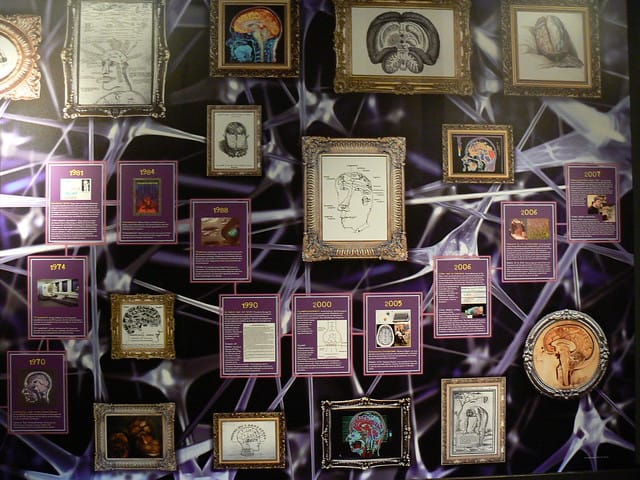Does contemporary neuroscience science fail to recognize free will?

In games as in life, a frequent question we ask ourselves is why we make the choices we do. Though the concept of free will has captivated philosophers and scientists for much of human history, modern psychology and neuroscience has often been deemed the final blow against humanism’s optimistic view of people as rational actors. Anthony Gottlieb explains in a recent Intelligent Life article:
In the 20th century, the new science of psychology also seemed to undermine the idea of free will: Freud’s theory of unconscious drives suggested that the causes of some of our actions are not what we think they are. And then along came neuroscience, which is often thought to paint an even bleaker picture. The more we find out about the workings of the brain, the less room there seems to be in it for any kind of autonomous, rational self. Where, in the chain of events leading up to an action, could such a thing be found? Investigations of the brain show that conscious will is an “illusion”, according to the title of an influential book by a Harvard psychologist, Daniel Wegner, in 2002-a conclusion that has been echoed by many researchers since. In 2011, Sam Harris, an American writer on neuroscience and religion, wrote that free will “could not be squared with an understanding of the physical world”, and that all our behaviour “can be traced to biological events about which we have no conscious knowledge”.
But is the brain always the best place to look? A landmark study of electrical events in the brain undertaken in the 1980’s showed that the decision to perform a physical action—flexing of the wrist—lagged behind the actual neurological activity that triggered such an action. Yet “while twitches of the wrist may be simple to monitor,” Gottlieb argues, “they’re an odd place to search for free will.” Modern neuroscience may then be misguided in its very specificity:
In part, this backlash against the brain results from the conviction that today’s technologies for investigating it have been hyped. The existence of diagnostic hardware such as fMRI and PET scanners, which let you peek inside brains while they are still alive and thinking, has encouraged some neuroscientists to think they can find the locus of moral responsibility, the seat of love and all manner of things in the gaudy images produced by brain scans. But although our mental lives depend on the brain, it doesn’t necessarily follow that our behaviour is best understood by looking inside it. It’s like the old joke about a drunk who drops his car keys at night and walks down the road to look for them under a distant streetlight-not because that’s where they’re likely to be, but because it’s where he can see.
Can we take certain actions in games, for instance, while still failing to recognize them as real choices? Before we write off the illusion of choice in certain games, we should recognize the trouble we have recognizing choice and free will itself.
–Yannick LeJacq
[via Intelligent Life][Image via Ryan Somma]



